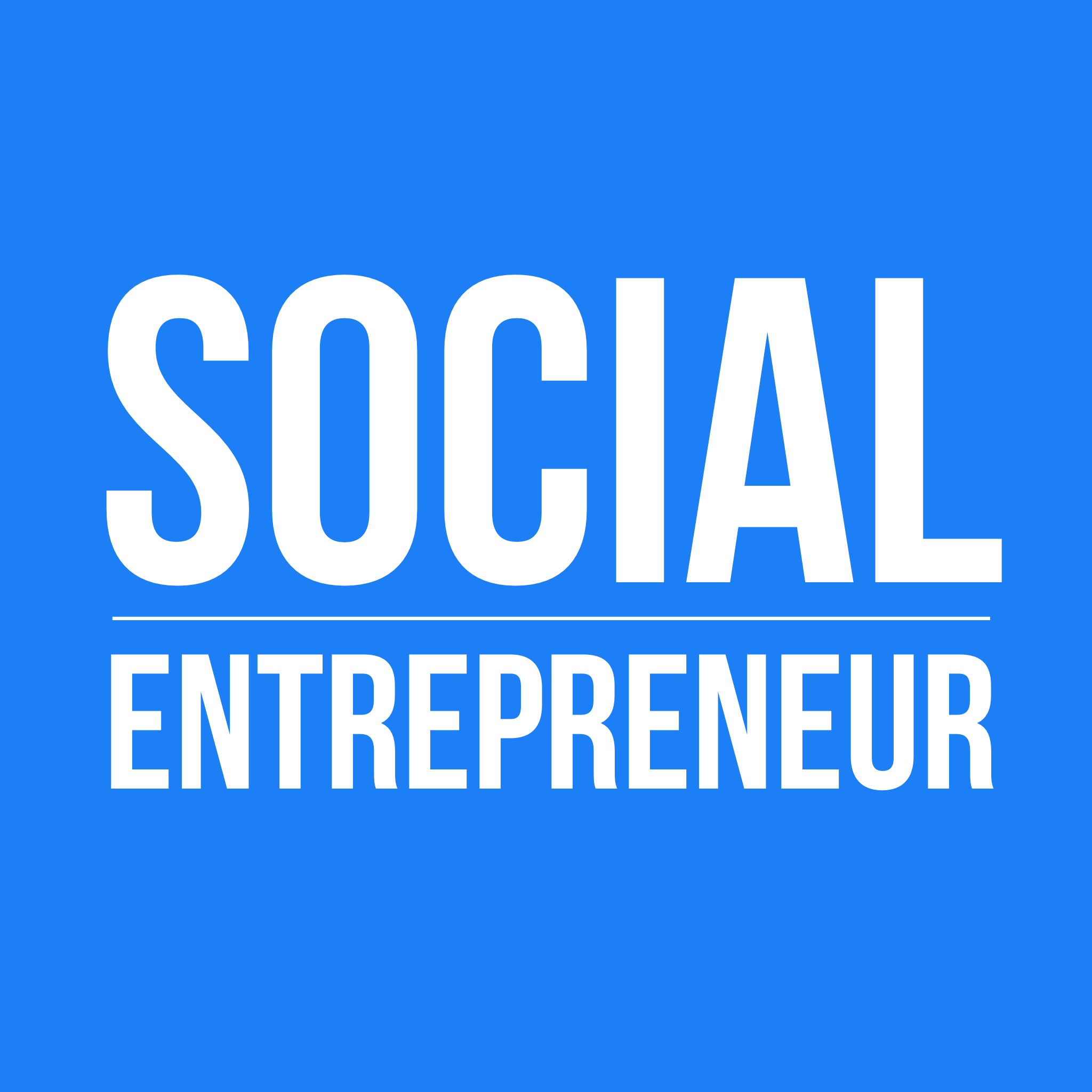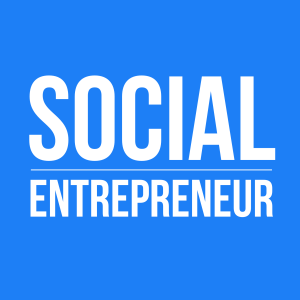
Global Competencies for High School Graduates, with Abby Falik, Global Citizen Year
 2017-11-27
2017-11-27
What does it take to succeed in a work world that is volatile, uncertain, complex and ambiguous? How does a young person succeed as a citizen of an integrated global economy? While traditional, fundamental skills are still important, so are empathy, ease with ambiguity, resilience, grit, and global mindset. But how many high school graduates possess these skills?
Abby Falik describes her high school self as an “excellent sheep.” She remembers graduating from high school exhausted. “I had gotten into Stanford, which was very exciting, but I wasn’t super motivated to go,” she explains.
Abby looked for an opportunity for a year of service, similar to the Peace Corps, but she found none available to high school graduates. Abby went on to college, but by her second year of college, Abby found that she needed a break. She took a year off. She lived and worked in Latin America.
“Everything I have done since has been a response to how transformative that year was.”
Abby says she returned to college with confidence and a new sense of purpose. Upon graduation, Abby spent the next ten years apprenticing at various organizations, a period that she describes as a learning process. Eventually she ended up at Harvard Business School, which helped her solidify her plan for Global Citizen Year.
The defining moment for Abby and her dream was a talk she gave at PopTech in 2008.
“I recognized at some deeper level that this was the time. I had been cooking this up, incubating the idea since I was 18 in some form or another.”
However, she says she was still unprepared for what she was about to do.
“I had just graduated from business school. I had a business plan but no clue. No money. No team. No idea what to do next.”
It was the response to that talk that convinced her she was on the right path. Abby describes being overwhelmed by the reception as it seemed her idea had resonated with many, many people.
“I could never have imagined how right this idea would be and how timely.”
Abby says she was confident that they would have up to 10,000 students participating within two years but was surprised when that did not happen. One of the major challenges has been to change the mindset of parents and students, she says to me.
“We are up against so much cultural inertia that says this is how we have always done it. So, the primary challenge that we have faced in growing as quickly as my ambitious, outlandish goals had suggested, is coming up against that fear.”
She says it is a fear that young people and parents have that the child will fall behind or damage their place in the world.
“High school has become a high-stakes game to get into college.”
The toll that the pressure of high school takes on students can be seen in the statistics, according to Abby. In a comprehensive study, the National Student Clearinghouse Research Center found about one-third of college students drop out after one term.
There is a question of how ready students are to enter the workforce. “There was a recent Gallup poll that said that 96% of college presidents think their graduates are ready for the work force. Eleven percent of employers agree.”
Abby says she feels students need to develop a more global view before they head to college. “Kids are being taught in a way that encourages them to follow a checklist and discourages risk-taking,” she explains. “Kids are not learning how to learn. They are moving along this conveyor belt that frankly will lead many of them to the edge of a cliff.”
Young people need to learn to be resourceful, gritty and resilient, she says, which is something her program teaches. The program is more than a gap year, which implies aimless wandering around the globe. Instead, the time is spent doing intentional, community work.
Following a rigorous admission policy, students undergo leadership training. The core part of the program has the student stay with a family in a different country for an entire school year. During that time, they work as an apprentice in a position that helps the local community.
Abby says that after the program students are excited to go back to school and more willing to learn. “We are sending kids to college burnt out and what we need to do is send them with burning questions.”
The measurements they use to gauge the program’s success include:
Foreign language fluency Empathy Ease with ambiguity Resilience and gritGlobal Citizen Year also tracks the students in college to see how their experience has impacted not only their academic success, but how it has helped them be more entrepreneurial.
The program has been designed to be accessible to students from all walks of life by offering scholarships to those in need.
“Think of us like a school. Kids who can are paying tuition,” she explains. “We provide need-based financial aid that we raise through philanthropic financial support.”
She says about 80 per cent of those in the program have received aid and one-third have had the whole program covered by the scholarship.
Social Entrepreneurship Quotes from Abby Falik“We are sending kids to college burnt out and what we need to do is send them with burning questions.”
“What if every college student had to declare a major and a mission?”
“Global Citizen Year is targeting the go-getters, not just the do-gooders.”
“It’s a launchpad to a life that can be exceptional and meaningful.”
“We’re focused on the real good, not just the feel good.”
“We’re everything but a gap year.”
“High school has become a high-stakes game to get into college.”
“One-third of college freshmen don’t come back for a second year.”
“On average, kids are taking six years to get through four-year colleges.”
“96% of college presidents think their graduates are ready for the workforce. 11% of employers agree.”
“Kids are not learning how to learn.”
“They are moving along this conveyor belt that frankly will lead many of them to the edge of a cliff.”
“In so many ways, [the path] chose me.”
“Everything I have done since has been a response to how transformative that year was.”
“I could never have imagined how right this idea would be and how timely.”
“High school has become a high-stakes game to get into college.”
“Kids are being taught in a way that encourages them to follow a checklist and discourages risk-taking.”
Social Entrepreneurship Resources: Global Citizen Year: https://www.globalcitizenyear.org Global Citizen Year on Facebook: https://www.facebook.com/globalcitizenyear Global Citizen Year on Twitter: https://twitter.com/GlobalCitizenYr Global Citizen Year on Instagram: https://www.instagram.com/globalcitizenyr Book: Crazy Good Advice: 10 Lessons Learned from 150 Leading Social Entrepreneurs: https://tonyloyd.com/book
More Episodes
 2015-11-25
2015-11-25
Create your
podcast in
minutes
- Full-featured podcast site
- Unlimited storage and bandwidth
- Comprehensive podcast stats
- Distribute to Apple Podcasts, Spotify, and more
- Make money with your podcast
It is Free
- Privacy Policy
- Cookie Policy
- Terms of Use
- Consent Preferences
- Copyright © 2015-2024 Podbean.com





